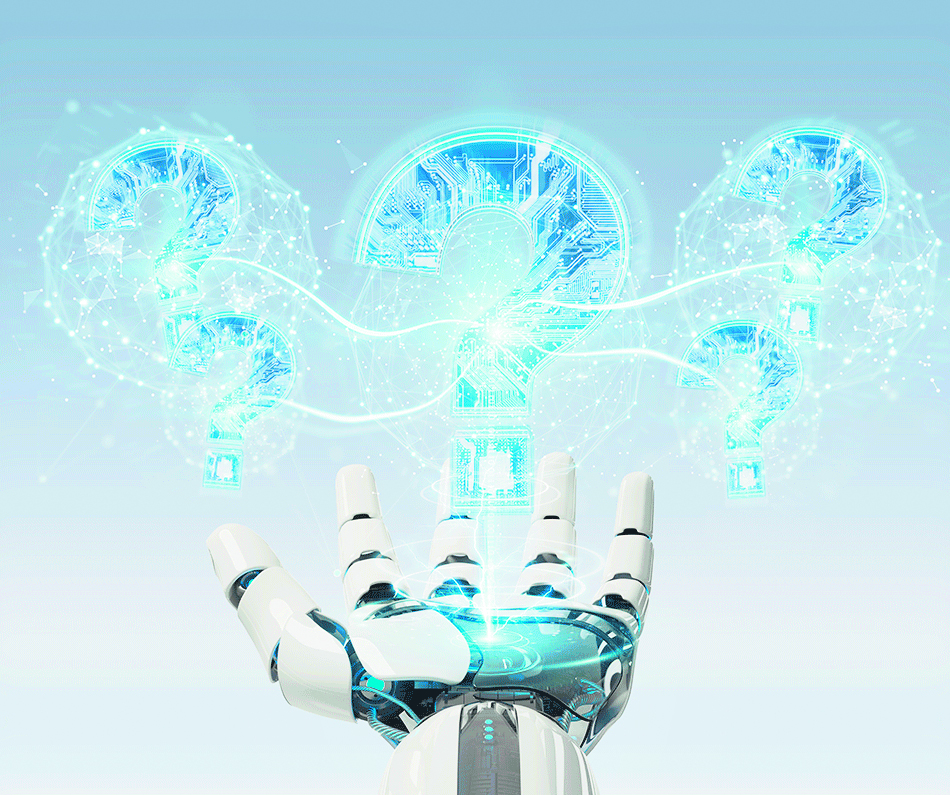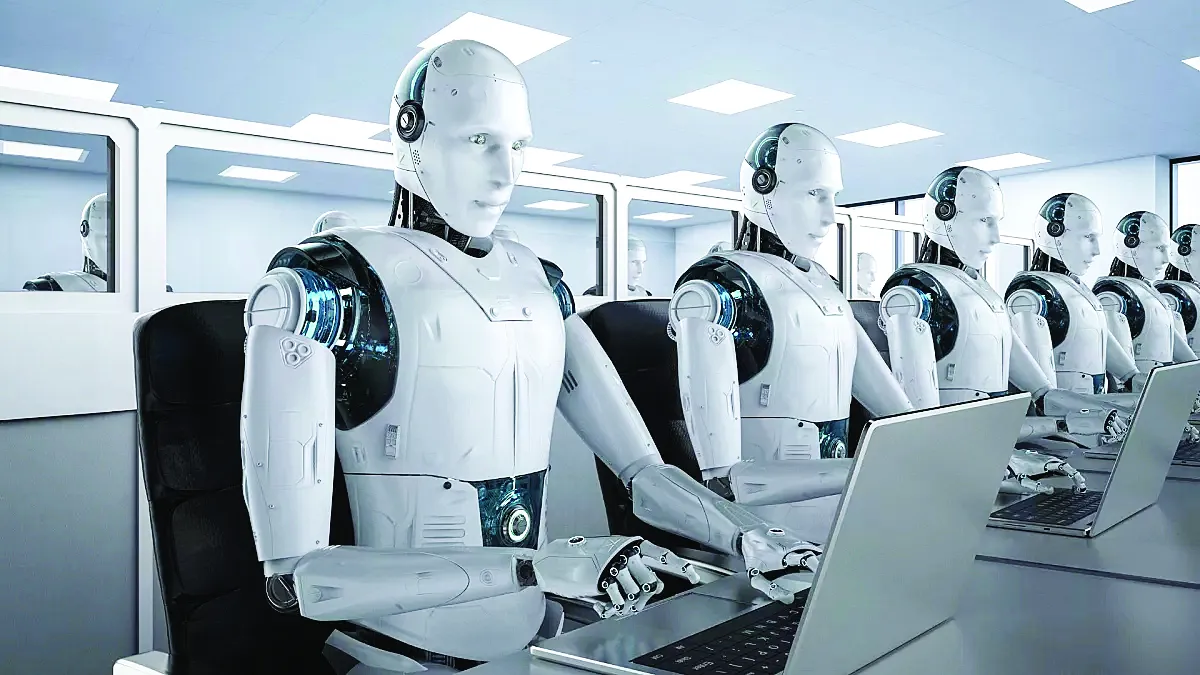With the ongoing developments in the digital world, Artificial Intelligence (AI) is often misunderstood, leading to a myriad of myths and misconceptions.
Let’s demystify AI in today’s article by exploring and elaborating on these 10 common myths for a clearer and more realistic understanding of AI’s role in the modern world.
Myth 1: Machines outperform humans in all aspects
Elaboration: There’s a widespread belief that AI systems are universally superior to human capabilities in every field. Fact: While AI excels in analyzing large datasets and performing repetitive tasks, it lacks human creativity, emotional intelligence, and contextual understanding. Humans still outperform AI in strategic thinking, creative endeavors, and tasks requiring nuanced judgment.
Myth 2: AI is exclusively for large tech companies
Elaboration: A common perception is that AI is only within the reach of tech giants like Google or Amazon.
Fact: AI technology has become more democratized, with cloud-based platforms and open-source tools enabling small and medium-sized enterprises to implement AI solutions. The availability of affordable AI services has broadened its accessibility beyond big tech companies.
Myth 3: AI and machine learning are synonymous
Elaboration: Many conflate AI with Machine Learning (ML), believing they are one and the same.
Fact: While ML is a significant part of AI, involving algorithms that improve through experience, AI encompasses a wider range of technologies, including robotics, natural language processing, and computer vision. AI represents a broader scope of intelligent machines capable of performing tasks that typically require human intelligence.
Myth 4: AI completely eliminates bias
Elaboration: Some assume AI systems are inherently unbiased and purely objective.
Fact: AI systems can inadvertently carry the biases present in their training data. This limitation necessitates the need for diverse datasets and ethical programming to mitigate inherent biases and promote fairness in AI applications.
Myth 5: Algorithms are more important than data
Elaboration: The spotlight often falls on the complexity and sophistication of AI algorithms.
Fact: The quality, volume, and variety of training data are equally, if not more, important. An AI system with advanced algorithms but poor-quality data will perform sub-optimally. Hence, balanced attention to both algorithm development and data quality is critical for effective AI systems.
Myth 6: AI is a form of magic
Elaboration: AI is sometimes viewed through a lens of mystique and wonder as if it operates on principles beyond human understanding.
Fact: AI is grounded in complex yet understandable scientific methodologies. It involves data analysis, pattern recognition, and statistical models, all of which are based on logical and mathematical principles.
Myth 7: AI can solve any problem
Elaboration: There’s an overestimation that AI is a panacea for all kinds of challenges.
Fact: AI’s effectiveness is contingent on the nature of the problem, the availability and quality of data, and how it integrates with existing systems. AI works best in solving specific, well-defined problems rather than vague or multifaceted issues.
Myth 8: AI is only for high-budget, futuristic projects
Elaboration: AI is often associated with large-scale, innovative projects like autonomous vehicles or space exploration.
Fact: AI finds numerous applications in everyday business functions such as customer service optimization, inventory management, predictive maintenance, and data-driven decision-making processes, proving its versatility beyond high-profile innovations.
Myth 9: There is no regulation in AI development
Elaboration: A misconception exists that AI development occurs in a regulatory vacuum.
Fact: The development and deployment of AI are increasingly subject to ethical considerations and regulatory scrutiny. Governments and international organizations are actively working on guidelines and frameworks to ensure responsible and ethical use of AI.
Myth 10: AI will lead to widespread job displacement
Elaboration: A common fear is that AI will render human workers obsolete, leading to massive job losses.
Fact: While AI automates certain tasks, it primarily serves to augment human capabilities. It often leads to the creation of new job categories and enhances human productivity and efficiency in various sectors.
Conclusion
This exploration of AI myths and facts provides a more informed perspective on AI’s capabilities and limitations. Understanding these aspects is crucial for leveraging AI effectively and responsibly in various domains.
Abhishek Anand is the founder of Skill Bud Technologies Pvt. Ltd., a tech company that specializes in Web 2.0, Web 3.0, NFT, Metaverse and digital marketing. He is also an Author, Speaker, Mentor and helps startups & businesses grow with technology.









